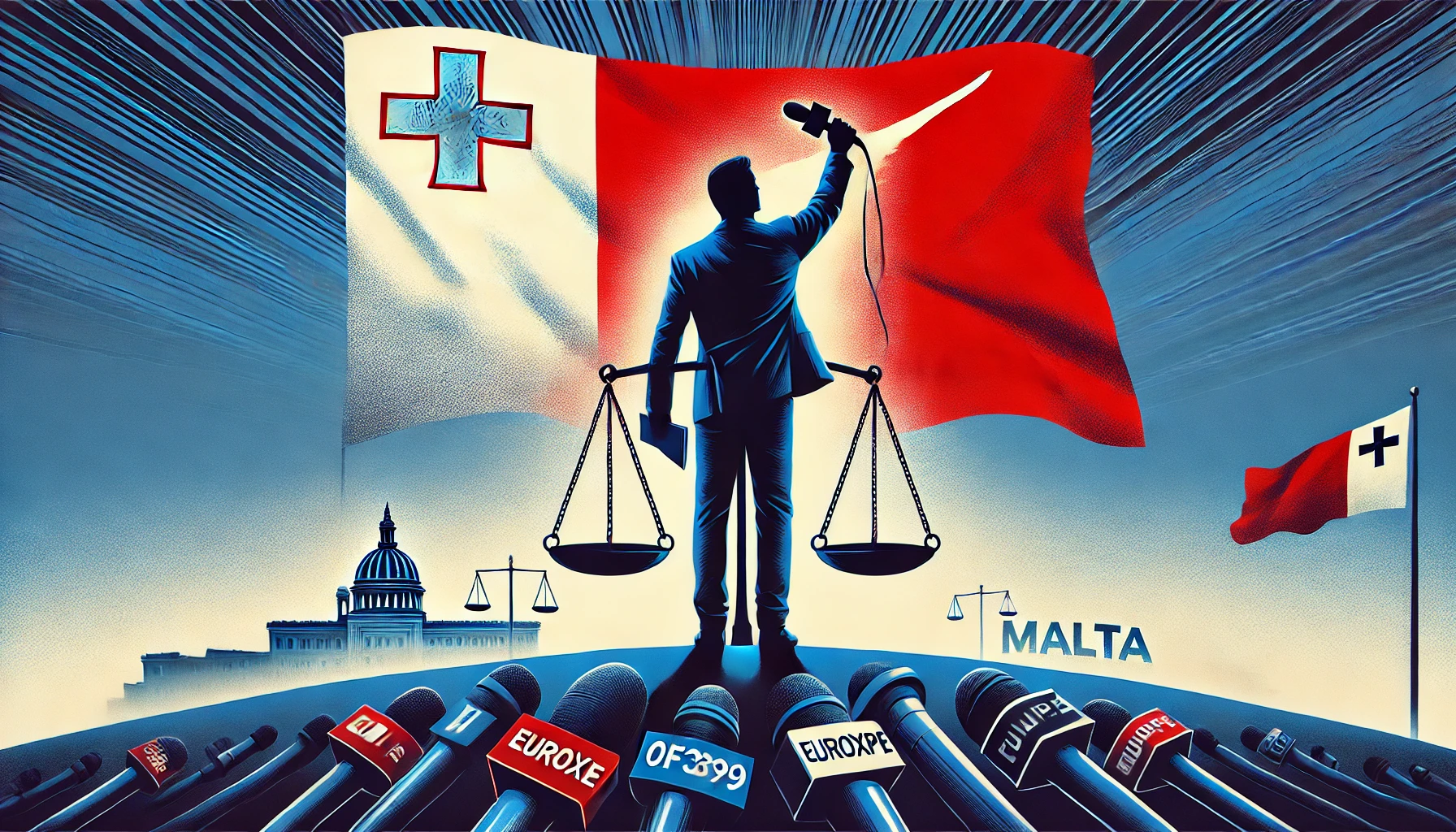Recent findings by the European Commission against Racism and Intolerance (ECRI) have shed light on the pressing need for a comprehensive strategy to enhance the integration and inclusion of migrants in Malta. This issue has been a significant point of discussion across various social media platforms, such as Facebook groups, where numerous complaints and experiences have been shared by affected individuals.
In Malta, citizens from third-world countries face much stricter regulations compared to an average European citizen. They are required to renew their identity cards annually or whenever they change their employer. If they do not sign a new employment contract within a brief period of 15 days, their relationship with Malta is terminated, leading to deportation. This is particularly challenging as job interviews can take at least a month, and many companies are reluctant to hire third-country nationals due to the complex visa and identity card procedures imposed by the government.
Despite paying higher taxes than citizens of Malta or other EU member states, third-country nationals have no security in Malta. Many face bureaucratic delays in renewing their identity cards or find themselves entangled in prolonged legal battles, often ending in despair and returning to their home countries empty-handed.
The ECRI report comes against a backdrop of declining asylum applications in Malta, with 854 first and repeat applications recorded in 2023 – a 35.2% decrease from the previous year. However, the approval rate remains alarmingly low. Only 29.4% of the 1,114 decisions made by Malta’s International Protection Agency in 2023 resulted in asylum being granted, placing Malta among the lowest in the EU for positive first-instance decisions.
ECRI strongly recommends that all asylum seekers, including those from supposedly safe countries, receive comprehensive legal information and have access to free legal aid. This is crucial given the low success rate of asylum applications and appeals. Ensuring that asylum seekers are informed about their rights, including the possibility of seeking asylum on grounds of sexual orientation, gender identity, and sex characteristics, is essential.
The report also highlights the plight of LGBTI migrants. Asylum seekers from countries deemed “safe” face significant barriers, including accelerated procedures that often lead to detention. Detainees frequently lack adequate legal information and assistance, leaving many unaware of their right to claim asylum based on LGBTI grounds. Civil society groups in Malta have frequently reported these issues to ECRI.
ECRI recommends that persons granted subsidiary protection status be provided with the possibility of family reunification to facilitate their integration. This is vital for creating a stable environment for migrants to build their lives in Malta.
Integration challenges extend to employment and housing. Despite progress in employment support, significant obstacles remain. Migrants often face high risks of labour exploitation, which go unreported due to a lack of awareness, legal aid, and trust in institutions. Employment licence procedures contribute to their vulnerability, as asylum seekers can only obtain employer-tied work permits that must be renewed every three to six months. This system discourages employers and pushes asylum seekers into unregistered employment. ECRI urges policy revisions to reduce dependency on employers and combat exploitation.
The ECRI report also calls for new policies to allow long-term residents who cannot return to their country of origin to stay legally in Malta. This recommendation follows high-profile deportation cases, such as that of Kusi Dismark, an Ivorian barber who had lived in Malta for 13 years but was deported to Ghana in February 2024. Such cases have sparked protests and criticism, emphasizing the need for more humane and consistent policies.
ECRI advocates for “firewalls” to protect irregularly present migrants from discrimination, ensuring their fundamental rights in areas such as education, healthcare, housing, and labour protection. Separating immigration control activities from the provision of services is essential to prevent migrants from avoiding accessing their rights due to fear of deportation.
Finally, the report calls for a review of Malta’s naturalisation process for beneficiaries of international protection. ECRI suggests that naturalisation conditions should be based on objective, measurable criteria and subject to administrative or judicial control. They recommend that the required period of residence should not exceed ten years before an application can be lodged. This would address several issues in Malta’s current system, including the minister’s unfettered discretionary power and lack of appeal processes.






